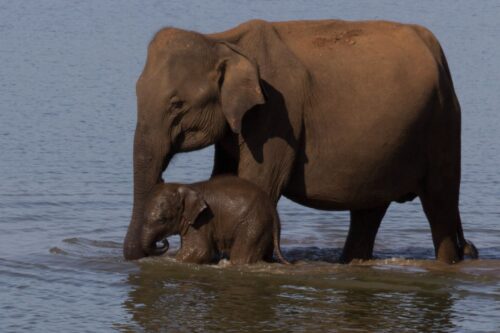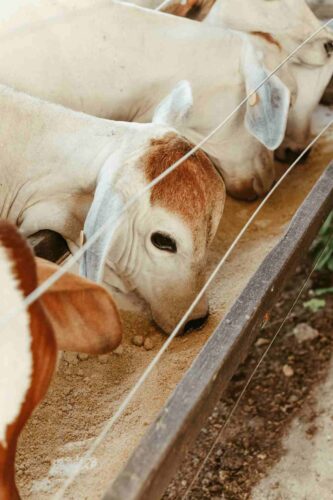
Biodiversity Loss Culture and Values
Transformative learning in digital bioethics education: An interdisciplinary lecture series on human–animal relationships. Animals.
• Research & Reports
Explore Planetary Health
Browse or search our curated collection of research articles, tools, videos, and other Planetary Health resources. Featuring approximately 2,000 research articles and additional tools spanning a variety of thematic areas, our library has information on Planetary Health for every audience — whether you’re exploring the field for the first time, an educator hoping to engage Planetary Health in your classroom, a seasoned scientific researcher, or someone looking to making a difference in your community and in the world. New resources are added every month.
Contact us to suggest items to add to our library and sign up for our newsletter to receive updates on the latest additions.
All Resources
Biodiversity Loss Culture and Values
• Research & Reports
Biodiversity Loss Culture and Values
• Videos
Biodiversity Loss Climate Change
• Research & Reports
Biodiversity Loss Climate Change
• News
Noncommunicable Diseases Biodiversity Loss
Animal scientists are developing surveillance and management methods for chronic diseases in animals, bridging the gaps between veterinary science, ecology and public health.
• News



